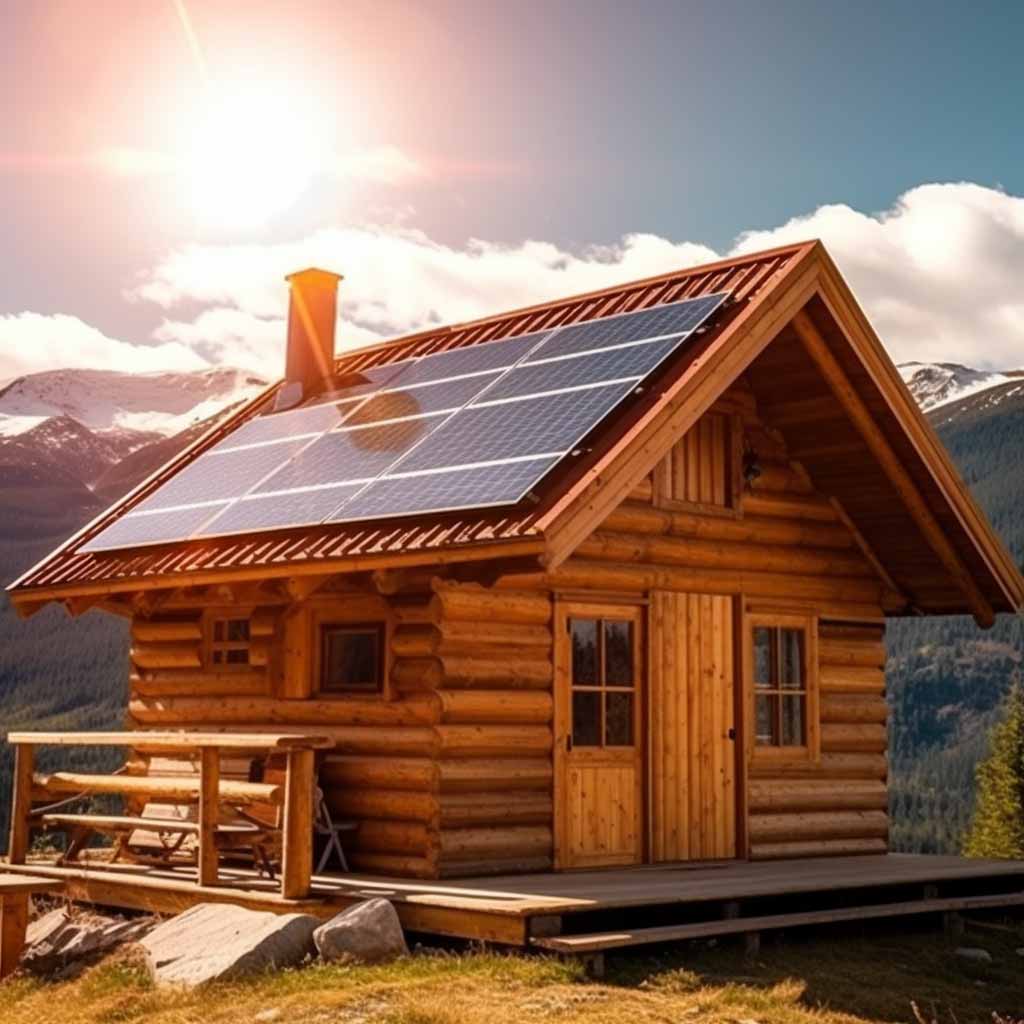Moving Off the Grid: Steps and Preparations for a Self-Sufficient Lifestyle


Grab a FREE sample issue of Off Grid Living & Survival.
Signup takes 10 seconds. You’ll also unlock 200+ articles & essays and exclusive content — all FREE.
One-time payment. All back issues free. All future issues included.
Get the Lifetime Membership right now for $49 and support independent off-grid journalism.


Clear water does not equal clean water. Debunking the clean stream myth.

Want to live off the grid? While the dream of a self-sustained lifestyle is appealing to millions of folks all over the world, not every location is right for living off the grid.

The world is changing and you know it. You can feel it in your bones

The world is changing and you know it. You can feel it in your bones